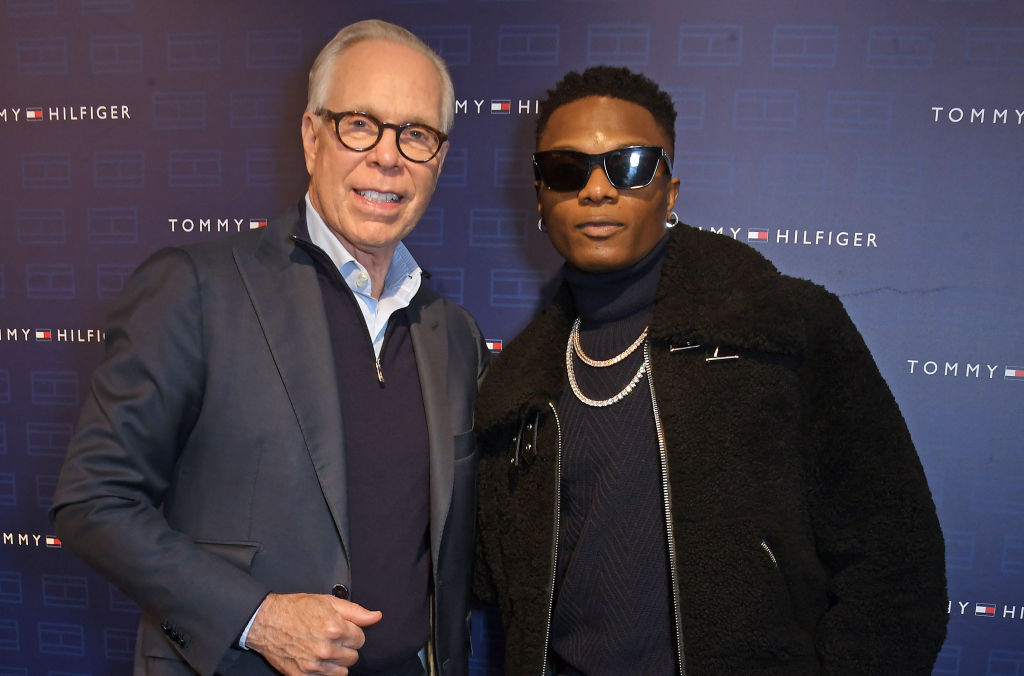
Source: David M. Benett / Getty
Tommy Hilfiger’s influence on Hip-Hop fashion is indelible. In a new Q&A he details his legacy and more.
HypeBeast recently interviewed the renowned designer after he receieved Outstanding Achievement Award at the 2021 Fashion Awards. During the conversation, the Elmira, New York native discussed his People’s Place initiative, a program with a goal of better empowering Black and Brown creatives within the fashion industry. “I hope other brands follow us,” he explained. “I’m surprised it has taken so long to realise they should actually use people of color in their advertising, or hire people of color. I can’t believe it’s taken so long to get there. To me, it’s obvious. I don’t understand.”
He went on to make it clear that his label has long stood for diversity. “A lot of companies are now talking about inclusion and diversity as if it’s something new, yet we’ve been doing it for fifty years,” he said. “It’s always been a place for the people, it was all about creating and offering fashion to people from all different walks of life.”
As the dialogue continued he spoke to his brand’s historic run when it changed it’s preppy profiles in favor for baggier silhouettes and bigger logos. “I think I was the first designer to ever do streetwear,” he revealed. “During the late 90s and early 2000s, the whole streetwear movement went quiet, before bubbling up again. Now everyone from Gucci and Dior is doing streetwear. It’s part of the culture and a part of American heritage. My brand was really quite preppy in the beginning, but if you take street and prep and merge them together, I guess you can have what we call now ‘modern streetwear’.”
Recently Hilfiger collaborated in a capsule with Timberland; you can shop it here.
Tommy Hilfiger Talks His Legacy And Birthing Streetwear In New Interview was originally published on hiphopwired.com
















